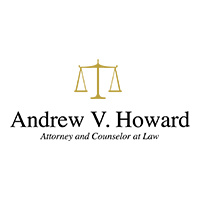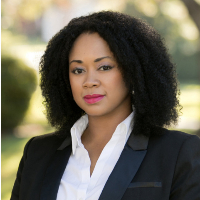Caddo Mills Estate Planning Lawyer, Texas
Sponsored Law Firm
-
 x
x

Click For More Info:
-
Warren Legal Services, PLLC
103 N Houston St., Royse City, TX 75189» view mapEstate Law Practical Legal Solutions
Our firm specializes in practical and economical solutions to your issues in Estate Law.
800-978-9571
Includes: Gift Taxation
John Richard Vermillion
✓ VERIFIEDJohn R. Vermillion works as an estate planning and probate attorney and is licensed to practice in Texas, Louisiana, Oklahoma, and Tennessee. A native... (more)
Eric J. Engel
✓ VERIFIEDEric attended both Gonzaga and Seattle University Schools of Law. During law school, Eric earned a spot on the prestigious Law Review team where he be... (more)
Andrew Vincent Howard
✓ VERIFIEDAndrew Howard is a practicing attorney in the state of Texas specializing in Accident & Injury, Divorce & Family Law, and Criminal Defense. Mr. Howard... (more)
SaKinna Lavonne Thomas
✓ VERIFIEDSakinna Thomas is a practicing lawyer in the state of Texas. Attorney Thomas received her J.D. from Indiana University at Bloomington in 2002.
FREE CONSULTATION
CONTACT Carol Warren Royse City, TX
Carol Warren Royse City, TX AboutWarren Legal Services, PLLC
AboutWarren Legal Services, PLLC Practice AreasExpertise
Practice AreasExpertise




